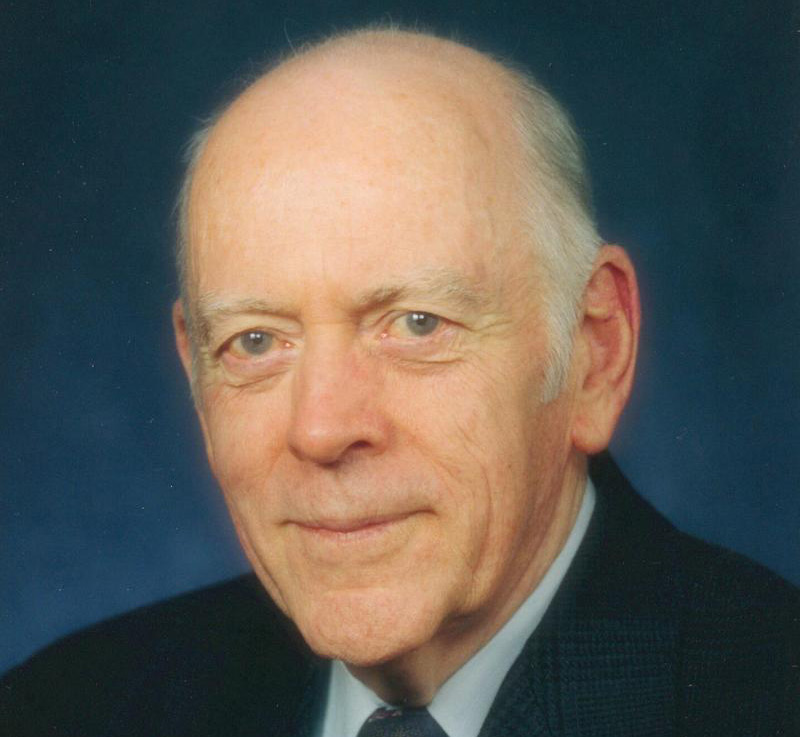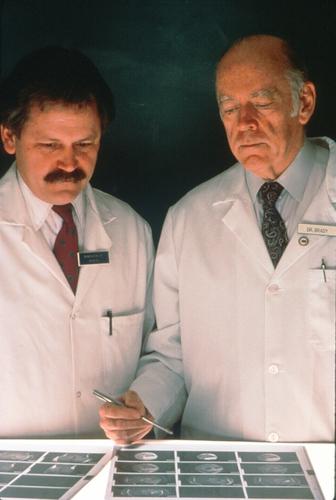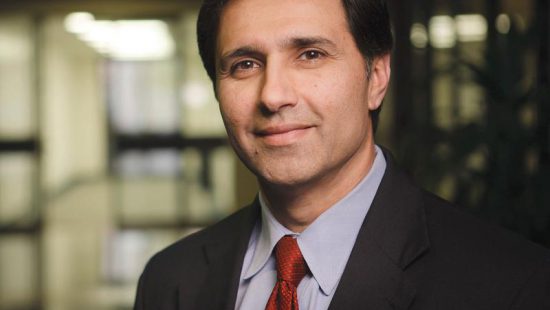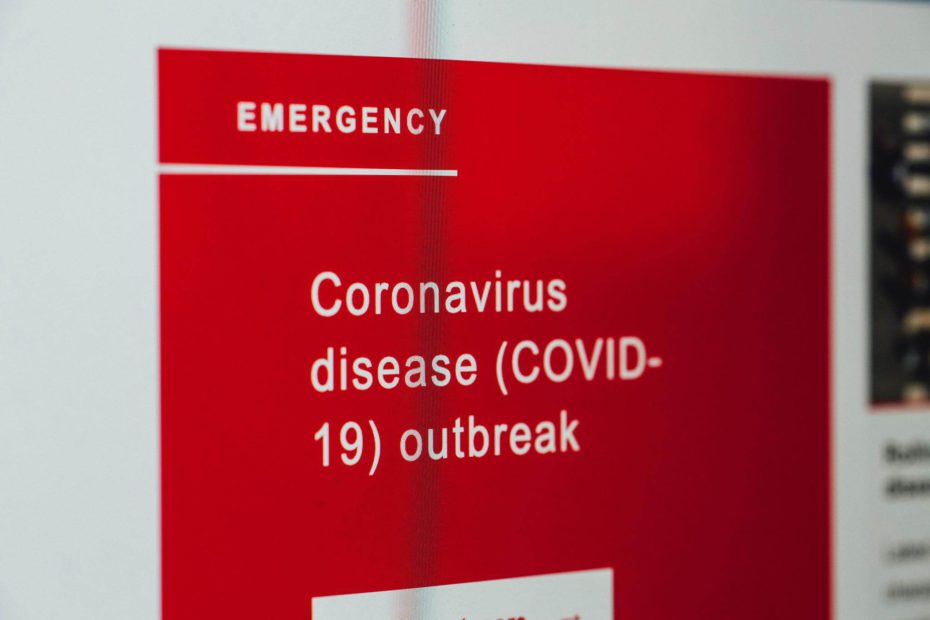Gaucher’s disease is a serious diagnosis. It is a congenital enzyme deficiency that can lead to skeletal deficiency, dangerous enlargement of vital organs, central nervous system difficulties, and neurologic complications. But it took a graduate from Harvard Medical School to discover this deficiency as the common cause in patients and subsequently come up with an effective treatment for them.
During his more than sixty years at the National Institute of Health, Dr. Roscoe Brady and his colleagues set out to find the cause of Gaucher’s disease and they did. By locating the missing enzyme as the cause of the many symptoms, Dr. Brady was able to accurately diagnose the presence of the disease and create the first enzyme replacement therapies ever used to treat lysosomal diseases. They passed clinical testing in 1991 and remain in use to this day.
Dr. Brady passed away in 2016 but his legacy of work has changed the way lysosomal diseases are diagnosed and treated throughout the world. He has been called “an outstanding model of the physician-investigator.” Because of his dedication to treating Gaucher’s and several other hereditary diseases, he has changed the quality of life and outcomes for thousands of patients and their families.
By Casey Samulski









